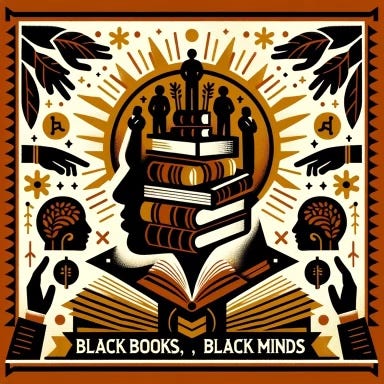In my recent exploration of historical figures whose obsessive dedication to their causes and work led them to remarkable achievements, I encountered a captivating figure by the name of Marion Stokes in the pages of Robert Bruce Shaw’s book “All In: How Obsessive Leaders Achieve The Extraordinary.”
It was a passage in Shaw’s book about this Black librarian and civil rights activist that sent me down a rabbit hole of my own obsessive intrigue and research about Stokes.
Marion Stokes, a name that might not immediately resonate amidst the clamor of civil rights history, was an enigma wrapped in a mystery. This librarian and activist embarked on an extraordinary archival odyssey, recording hundreds of thousands of hours of news footage over an astonishing 35-year span.
From 1977 until her death in 2012, Stokes's life was consumed by this mission. She filled nine properties and three storage units with a treasure trove of media history, capturing round-the-clock broadcasts from major networks with an array of VCRs.
Her relentless, solitary crusade to document American television news resulted in an awe-inspiring collection of 70,000 VHS tapes. This reclusive Black civil rights advocate saw her work as a form of activism, a steadfast commitment to preserving truth and history.
Stokes’s archival journey began during the Iranian Hostage Crisis in 1979, a watershed moment in media that birthed the 24-hour news cycle. With a librarian’s appreciation for history and its fragility, she recognized the critical need to preserve these fleeting broadcasts.
Her recordings not only captured significant historical events but also reflected the evolving societal values, fears, and aspirations as portrayed through television. These tapes, spanning revolutions, wars, and everyday moments, offer a unique perspective on how television influenced the contemporary world.
Beyond her collection's historical significance, Marion Stokes’s story is one of complexity and contradiction. Despite her wealth, she lived a reclusive life, pouring her resources into this archival project. Her commitment often strained her family relationships, highlighting the single-mindedness of her quest.
The documentary "Recorder" unveils the layers of Stokes’s life, revealing a woman for whom recording was a crusade for truth. Her tapes, now being digitized, provide an invaluable resource for understanding the evolution of news and television.
Marion Stokes was not just an archivist; she was a visionary, compiling a continuous record of over three decades of history. Her work prompts us to reflect on the transience of the digital age and the impermanence of information.
In conclusion, Marion Stokes was a guardian of public record, a custodian of history. Her legacy reminds us of the media's power in shaping history and the importance of preserving it. Through her collection, Stokes provides insight into our past, aiding our understanding of the present and guiding us towards an informed future. Her life’s work stands as a testament to the power of individual initiative in preserving our collective history.
"Black Books, Black Minds" is the foundation of my "Great Books, Great Minds" project, a labor of love born from tireless research and dedication to sharing the stories and wisdom of Black History. This digital newsletter invites you to join our community celebrating Black authors and thought leaders.
Your support, at just $6.00 per month or $60.00 per year, will help continue this journey, illuminating the stories of Black History and enriching our collective understanding. Join us in crafting a narrative that transcends time and deepens our world knowledge.






